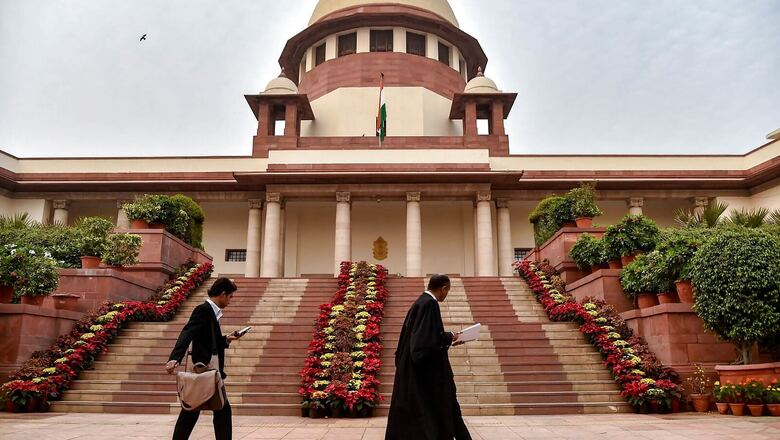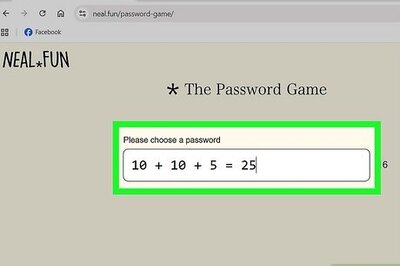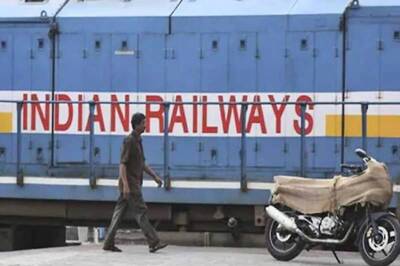
views
The Supreme Court this week ruled that subsequent to the death of the government servant a child adopted by his widow would not be included within the scope of the definition of ‘family’ under Rule 54 (14) (b) of the Central Civil Services (Pension) Rules, 1972 (CCS (Pension) Rules), and would therefore not be entitled to receive family pension payable under these rules.
“…a case where a child is born to the deceased government servant after his death has to be contrasted with a case where a child is adopted by the widow of a government servant after his death. The former category of heirs are covered under the definition of family since such a child would be a posthumous child of the deceased government servant. The entitlement of such a posthumous child is wholly distinct from a child being adopted subsequent to the demise of the government servant by the surviving spouse….” held a bench of Justices KM Joseph and BV Nagarathna.
The court further observed that this was because the deceased government servant would have had no relationship with the adopted child which would have been adopted subsequent to his demise, as opposed to a posthumous child.
“Therefore, the definition of the word ‘family’ in relation to a government servant means various categories of persons coming within the nomenclature of the word ‘family’ and all persons who would have had a familial relationship with the government servant during his lifetime. Any other interpretation would lead to abuse of the provision in the matter of grant of family pension,” the bench added.
In the case before the Supreme Court, a person named Shridar Chimurkar, who was serving as a superintendent in the office of Deputy Director and HO National Sample Survey Organization, Field Zonal Office, Nagpur, and retired on attaining superannuation in the year 1993, had died issueless in the year 1994, leaving behind his wife, Maya Motghare, who thereafter adopted Sri Ram Shridhar Chimurkar, the appellant before the court, as her son nearly two years after her husband’s death.
Subsequently, in April 1998, Maya Motghare married Chandra Prakash, a widower, and began residing with him at Janakpuri, New Delhi. In the aforesaid background, Sri Ram claimed family pension payable to the family of the deceased government employee.
Sri Ram’s claim was rejected by the Union of India on the ground that children adopted by a widow of a government servant, after the death of the government servant, would not be entitled to receive family pension as per Rule 54 (14) (b) of the CCS (Pension) Rules.
Notably, CAT allowed the claim, which came to be overturned by the Bombay High Court in appeal. Aggrieved by such an order, Sri Ram approached the Supreme Court.
The SC was of the view that the matter called for an interpretation of the phrase “in relation to a government servant” as appearing in Rule 54 (14)(b) of the CCS (Pension) Rules.
The court noted that the use of the phrase “in relation to” in statutes is with a view to bring one person or thing into association or connection with another person or thing.
“The direct or indirect nature of such association or connection depends on the context. In Rule 54(14)(b) of the CCS (Pension) Rules, the phrase ‘in relation to a government servant’ would indicate that the categories of persons listed thereunder, such as wife, husband, judicially separated wife or husband, son or unmarried daughter who has not attained the age of twenty-five years, adopted son or daughter, etc. are sought to be brought into association with the deceased government servant. The context requires that association or connection of such persons with the deceased 19 government servant must be direct and not remote. The said Rule requires that the family member must have a close nexus with the deceased government servant, and must have been dependent on him during his lifetime. Therefore, a son or daughter adopted by the widow of a deceased government servant, after the death of the government servant, could not be included within the definition of ‘family’ under Rule 54(14)(b) of the CCS (Pension) Rules,” held the bench while dismissing the appeal and holding that Sri Ram was in fact not entitled to any pension.
Read all the Latest India News here
















Comments
0 comment